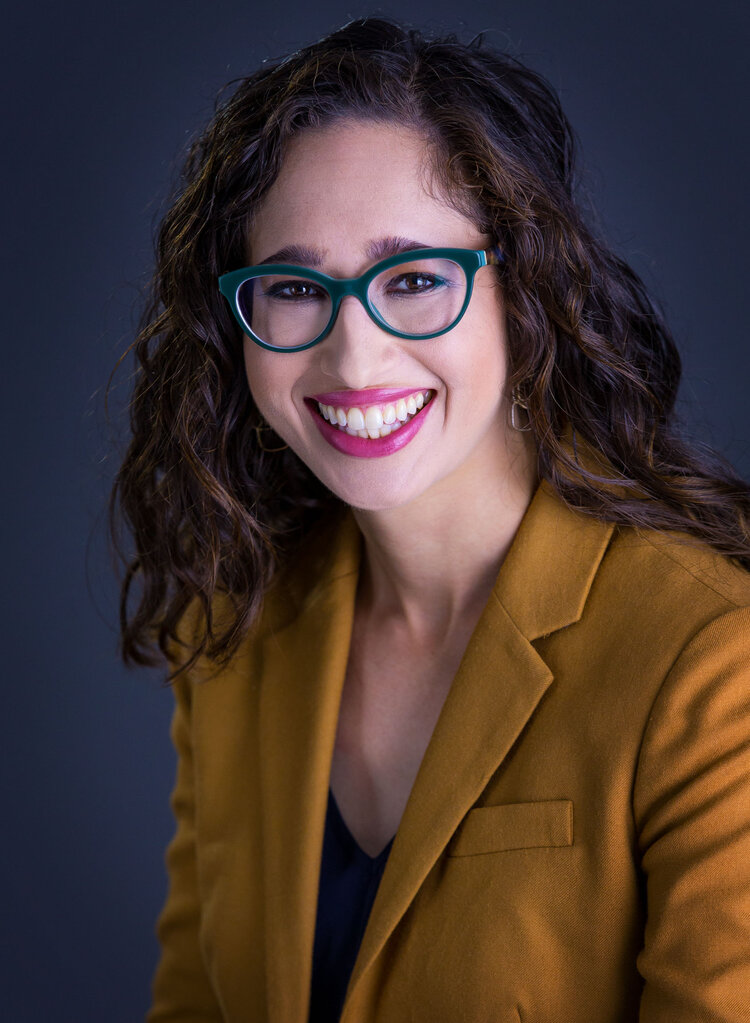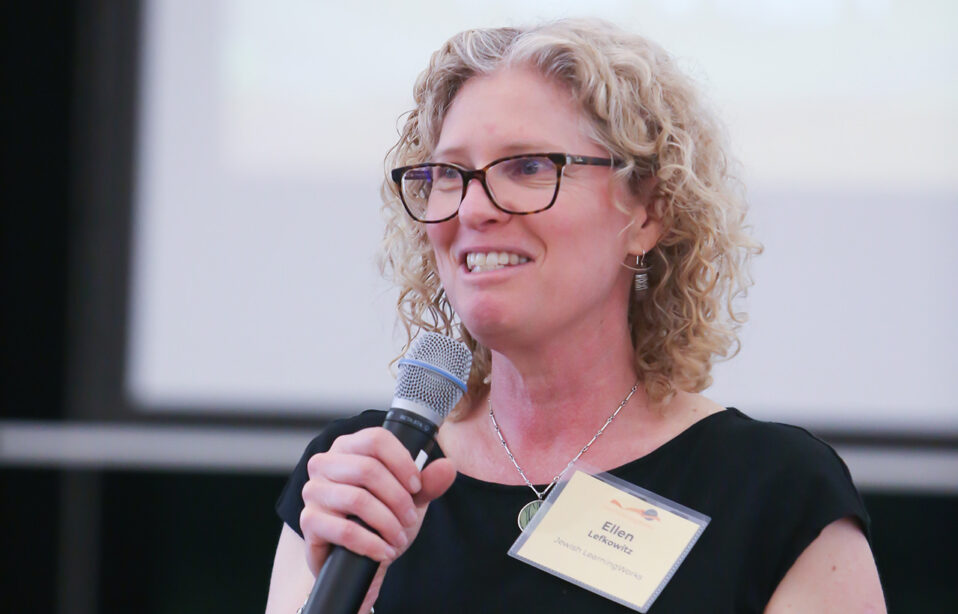This event will be taking place virtually via Zoom. Please click here to receive the Zoom link.
Rachel B. Gross is Assistant Professor and John and Marcia Goldman Chair in American Jewish Studies in the Department of Jewish Studies at San Francisco State University. Her book, Beyond the Synagogue: Jewish Nostalgia as Religious Practice, is forthcoming from New York University Press in January 2021. She received her Ph.D. in Religion from Princeton University.
Co-presented by the Culinary Historians of Northern California and KlezCalifornia
Click here to register.




